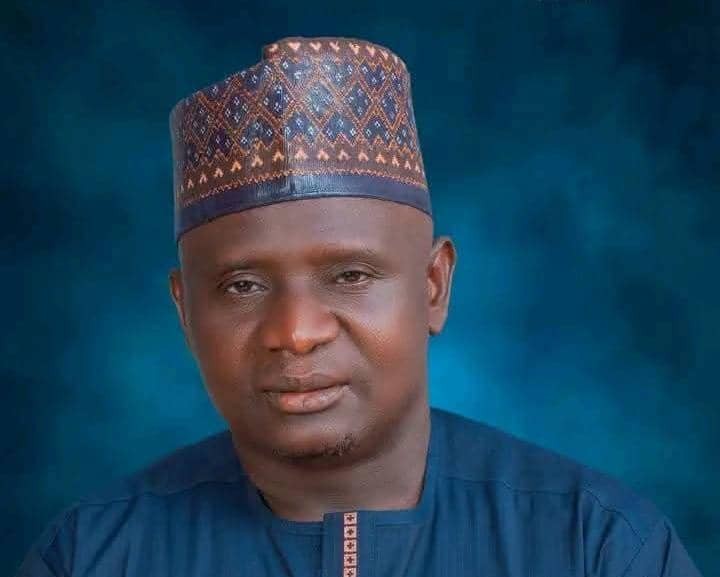In a tightly contested race marked by razor-thin margins, Nigeria’s ruling All Progressives Congress (APC) has secured a crucial electoral victory in Adamawa State’s Ganye Constituency. Misa Musa Jauro, the APC candidate, emerged victorious with 15,923 votes, edging out his Peoples Democratic Party (PDP) rival by just 129 votes, as declared by the Independent National Electoral Commission (INEC). The outcome underscores the deepening political rivalry between Nigeria’s two dominant parties ahead of broader national elections.
Returning Officer Prof. Tukur Ahmed confirmed the results after votes were tallied across 10 electoral wards, describing the contest as one of the most fiercely competitive in recent memory. Both parties claimed victories in separate wards, reflecting a polarized electorate in the northeastern state. The PDP candidate secured 15,794 votes, leaving supporters of the opposition party narrowly short of overturning the APC’s lead.
The win solidifies the APC’s foothold in Adamawa, a state historically marked by close races. Dr. Abubakar Kabir-Abubakar, APC’s election committee chairman and a federal lawmaker, credited the outcome to extensive grassroots mobilization. “Our preparation was meticulous, with youth and women at the forefront of campaign logistics,” he stated, praising Ganye voters for turning out early to cast ballots. He also acknowledged traditional leaders, including Walin Ganye, for their support during the process.
While celebrating the result, Kabir-Abubakar signaled broader ambitions for the party, declaring, “By 2027, Adamawa will be ours.” The remark hints at the APC’s strategy to leverage local victories to challenge the PDP’s influence in the state, which has alternated between the two parties in recent gubernatorial elections. He further expressed confidence in growing support for President Bola Tinubu and APC candidates in future polls.
Analysts note the Ganye by-election’s significance as a bellwether for voter sentiment in Nigeria’s northeast, a region grappling with security challenges and economic pressures. The slim margin underscores the APC’s need to address localized concerns to maintain its advantage. Meanwhile, the PDP’s near-win suggests persistent opposition resilience, setting the stage for intensified campaigning ahead of 2027 general elections.
Electoral observers have yet to report major irregularities, though the narrow gap may prompt scrutiny. For now, the focus shifts to Jauro’s mandate to address issues in Ganye, where voter turnout and engagement signals a community deeply invested in the political process. As both parties recalibrate strategies, the race offers a microcosm of Nigeria’s evolving democratic dynamics—where every vote carries weight.
